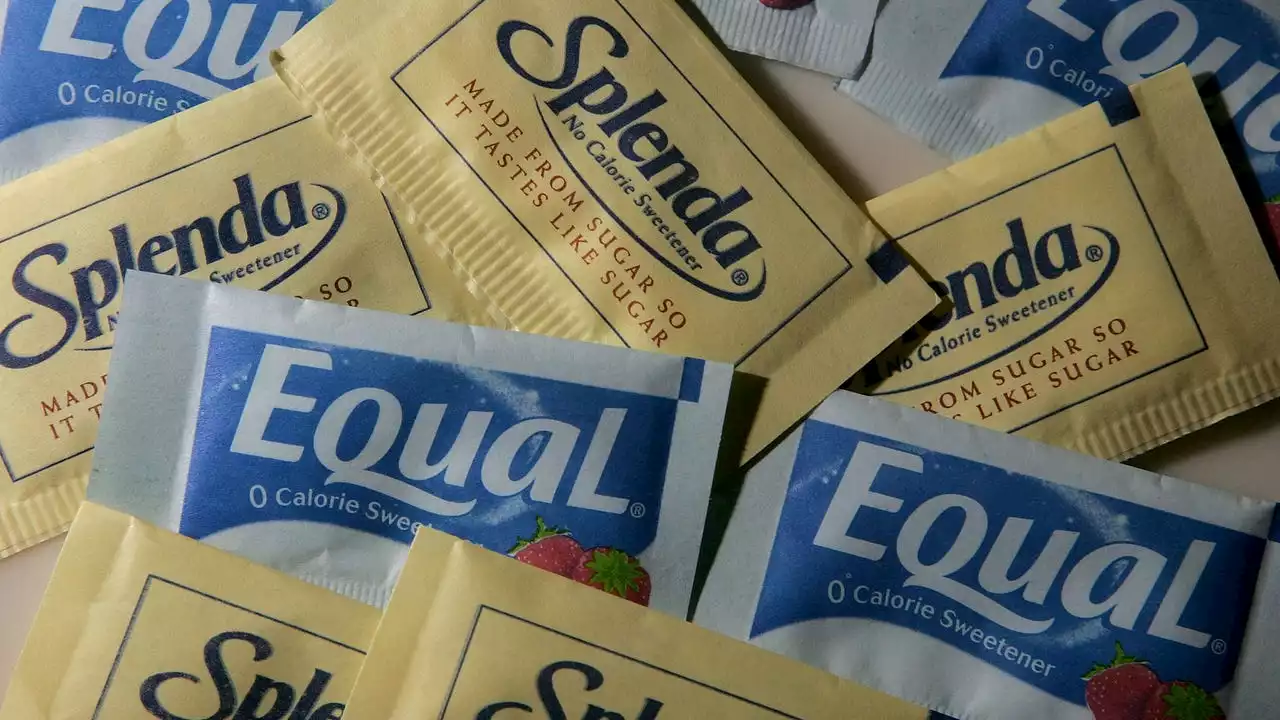In particular, the authors found aspartame and acesulfame were associated with increased cancer risk and higher risks were observed for breast cancer and obesity-related cancers.
Limitations to the study include potential selection bias, residual confounding and reverse causality – though sensitivity analyses were performed to address these concerns.
The researchers said their findings "provide important and novel insights for the ongoing re-evaluation of food additive sweeteners by the European Food Safety Authority and other health agencies globally." The authors said their findings need to be replicated in other large-scale cohorts and have underlying mechanisms clarified by experimental studies.
According to the National Cancer Institute, questions about the relationship between artificial sweeteners and cancer arose when early studies showed that cyclamate in combination with saccharin caused bladder cancer in laboratory animals. "However, results from subsequent carcinogenicity studies of these sweeteners have not provided clear evidence of an association with cancer in humans. Similarly, studies of other FDA-approved sweeteners have not demonstrated clear evidence of an association with cancer in humans," it said.
